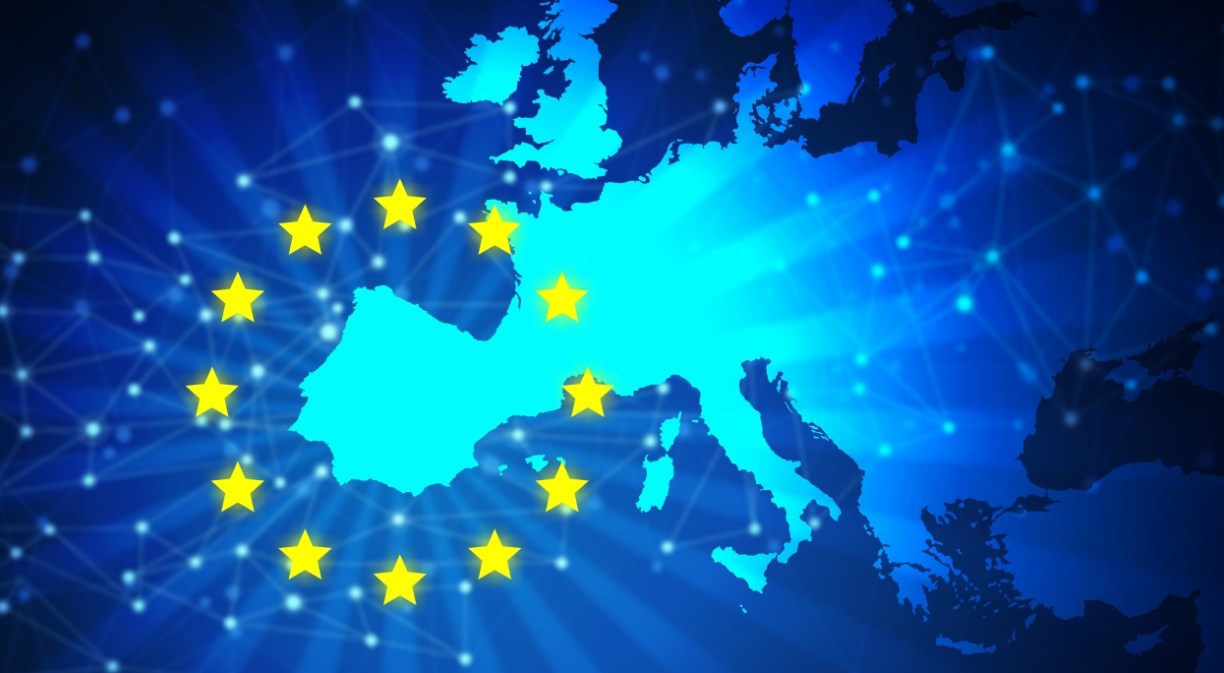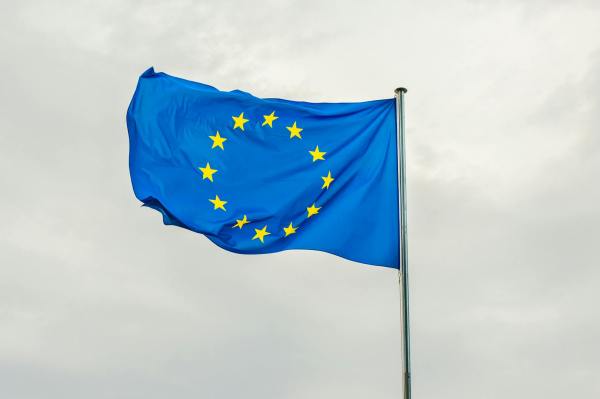Towards a competitive Europe: a new approach to industrial policy
The Granada Declaration and the definition of the priorities of the Strategic Agenda 2024-2029 are two fundamental milestones that will set the direction of the EU in the coming years. In strictly economic terms, it lays the foundations of the European model for the future.
The Granada Summit presented a new approach to industrial policy for more prosperous societies. The initiatives presented provided the necessary tools to ensure the sustainability of our economic model, leaving no one behind; to promote the continent’s resilience to climate and environmental risks, as well as to geopolitical tensions; and to enable Europe’s global leadership in the digital decade.
We share the fundamental belief that Europe’s competitiveness, prosperity, employment and role on the global stage depend on a strong economic base. Hence our strong commitment to all aspects of the digital revolution and artificial intelligence: infrastructure, connectivity, services, data and investment.
In June this year, during the Belgian Presidency, the Strategic Agenda 2024-2029 will be adopted. The clear commitment to the competitiveness of European companies must be backed up by policies and heir early active implementation that will finally get research, development and innovation going in Europe. The agenda must also seek to establish fair competition within and outside the EU.
In this new institutional and political cycle, Europe has the opportunity to drive economic growth through digital innovation (e.g. AI, IoT, Edge…), starting with the promotion of a solid digital infrastructure, and on this infrastructure, enabling a real development of cybersecurity, entrepreneurship and digital empowerment of Europeans, as well as attracting talent to the continent.
Only if the Belgian Presidency underpins this vision can the Resilient EU2030 report, which aims to address the EU’s vulnerabilities, succeed.
Towards a more inclusive Europe: putting people at the heart of the digital transformation
The recognition of digital rights in the EU during the Spanish Presidency has been extended following the Declaration approved at the León Summit to include neuro-technology. And this is a very significant achievement. For more than a decade, Telefónica has been a strong promoter of the adoption of a humanist perspective in the development and application of digital technologies and supported the development of the Spanish Digital Rights Charter.
The Belgian Presidency shares this vision, with inclusiveness and the establishment of a humanistic perspective being two of the pillars of its digital agenda. Specifically, it will seek to enable more spaces for dialogue aimed at strengthening the digital economy and will pay particular attention to the logarithmic transparency of AI systems and the protection of people’s digital identity.
Towards a sustainable Europe: strengthening the digital-green transition
Shortly before the end of the mandate of the Spanish Presidency, the Council of the EU adopted Conclusions on a social, green and digital transition. It stresses the importance of promoting and strengthening the digital-green nexus in order to contribute to achieving the goals of the 2030 Agenda for Sustainable Development and the objectives of the Paris Agreement on Climate Change.
We are convinced of the transformative capacity of the combined digital and green transitions for the development of new models of production and consumption based on greater efficiency. Moreover, the digital revolution is a catalyst for decarbonisation and sustainability. Digital applications supported by an efficient network can be instrumental in achieving sustainability goals and mitigating climate change. And, the telecommunications sector is particularly key to the green transition.
The Belgian Presidency aims to finalise the text of a law on zero net emissions industry. This new law would not only put a premium on innovation and new technologies to accelerate the achievement of sustainable goals, but would also allow the EU to reduce its strategic dependencies and lead the digital-green transition on a global scale.
Despite these notable advances, Taxonomy, a key issue for the digital and green transition, has been left off the agenda of both presidencies. The Taxonomy Regulation, which aims to redirect investments towards activities that contribute to the objectives of the Green Deal, fails to recognise the potential of connectivity to reduce GHG emissions. This lack of recognition acts as a brake on the double transition, slowing down the achievement of the EU´s targets.
Towards a digital Europe: a period of major regulatory milestones
During the Spanish Presidency, notable agreements were reached on several of the most important regulatory dossiers for the Digital Decade, including the Data Regulation, the Interoperable Europe Regulation, and the Cyber Resilience Regulation, which complements the NIS2 Directive.
Also adopted were the Revision of the Electronic Identification and Trust Services Regulation (eIDAS 2.0), which will allow European citizens to securely access, use and identify themselves in the digital world; and the Artificial Intelligence Regulation, which will be challenging to implement due to the disruption of generative AI last year.
In addition, the Spanish Presidency’s firm commitment to making Europe one of the epicentres of the digital age has led to the adoption of a new Declaration to strengthen cooperation on quantum technology.
Finally, on the telecommunications front, two events of particular relevance for the future of the sector took place: the meeting of telecommunications ministers in León and the adoption of the EU Council’s position on the Gigabit Infrastructure Regulation.
The ministerial meeting ended with a commitment from the European Commission to present a “White Paper” on investment in the telecoms sector by 2024. Throughout the Spanish Presidency, the debate on the fair contribution of large traffic generators to the financing of new telecommunications networks, the Fair Share debate, was present.
The White Paper commitment was a sign of Europe’s willingness to find new ways to meet the challenge of deploying Europe’s new connectivity infrastructure. The White Paper will address measures such as making it easier for operators to achieve scale through in-market consolidation, reviewing spectrum policy to boost the roll-out of new networks, or achieving a level playing field between all companies in the digital ecosystem, most notably between telecom operators and large traffic-generating Internet companies.
On the other hand, the EU Council’s agreed position on the Gigabit Infrastructure Regulation was an acknowledgement of the bureaucratic hurdles hindering network deployment. However, there are still some outstanding issues on this dossier. In this respect, the Belgian Presidency has indicated in its programme that it intends to make progress in the negotiations during its term of office with a view to the future adoption of the regulation.
Towards a Europe of new partnerships: bringing the EU closer to Latin America and the Caribbean
The renewal of partnerships with Latin America and the Caribbean (LAC) has been of key importance. The Summit between the European Union and the Community of Latin American and Caribbean States (EU-CELAC) is the first step towards strengthening a political, economic and social meeting space. We are convinced that the digital and green transition is key for the region and could become the lever to accelerate a transversal modernisation of the Latin American economic fabric. Therefore, the investment agenda of the Global Gateway should focus more on the chapter of communication infrastructures in line with the EU-LAC Digital Alliance.
During the Spanish Presidency we advocated for greater regulatory convergence between the two regions in order to resolve the problems of legal uncertainty in the Latin American region. We therefore welcome the commitment to cooperation shown at the 4th European Assembly of the Intelligence Alliance, to advance digital policy and regulatory convergence in AI, as well as Spain´s support for this technology and the promotion of innovation.
There are still challenges ahead, particularly in terms of revitalising a European telecommunications sector that is currently suffering from low profitability, but the Spanish Presidency has shown the path, and has taken the first steps towards reviewing the sector´s regulatory competition framework, with the aim if adopting it to the digital well-being of citizens and the competitiveness of European companies.
The framework created more than 30 years ago to liberalise the sector has served its purpose well, but for some years now it has not been adapted to the environment required for the deployment of the new digital connectivity infrastructure. The Belgian Presidency should confirm the path taken by the Spanish Presidency to ensure that the objectives of the Digital Decade 2030 are met.









